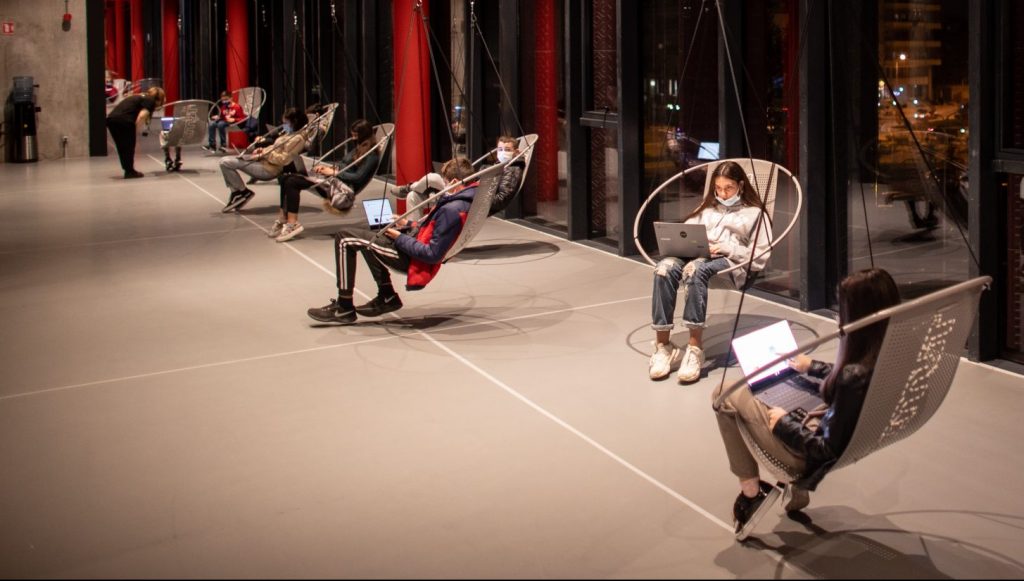unimaginable for them. For a period of one year, UNICEF is paying a monthly fee to twelve children from institutional care to attend
TUMO Center. Afterward, in the private sector, AADF will support these children with dedicated scholarships to follow up their preferred
workshops and increase their skills in the chosen areas of development.


If you note any form of abuse to children during an activity or work supported by Nisma për Ndryshim Shoqëror ARSIS, please report immediately at: initiative.arsis@gmail.com